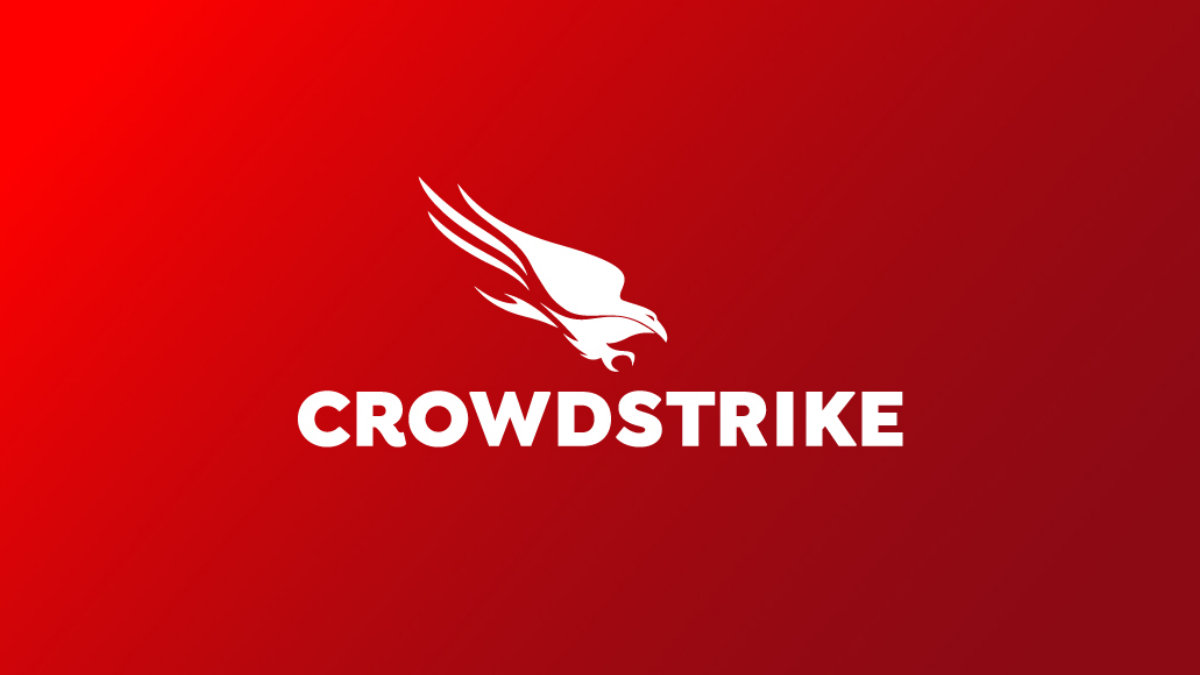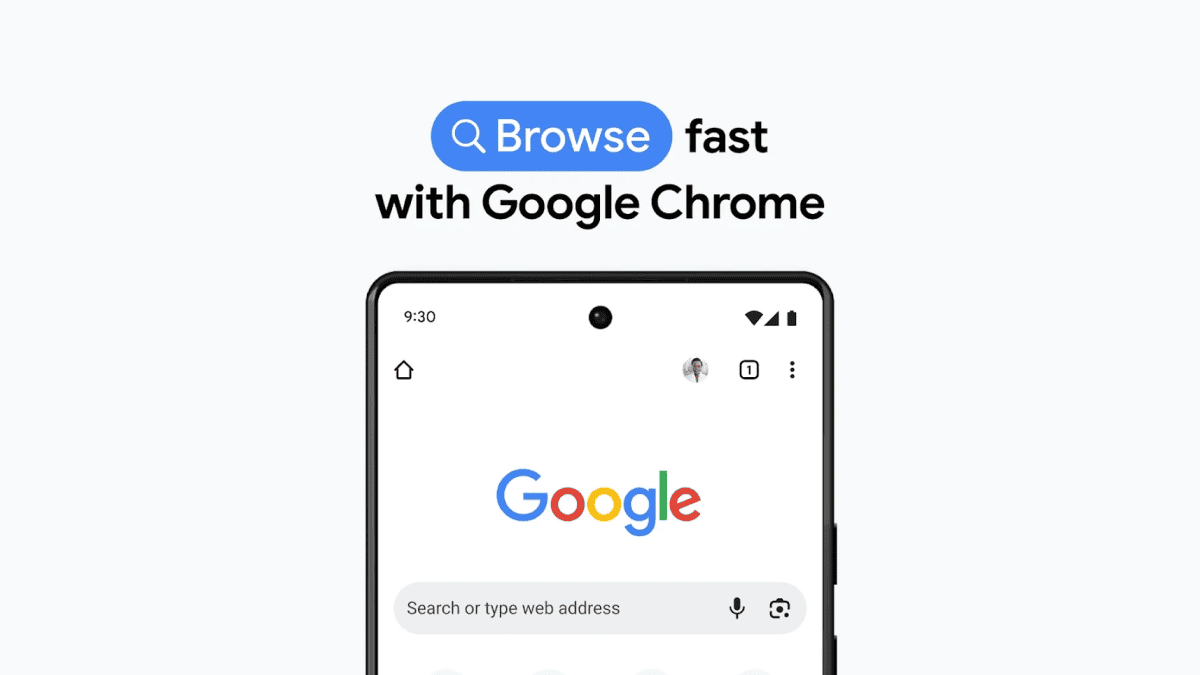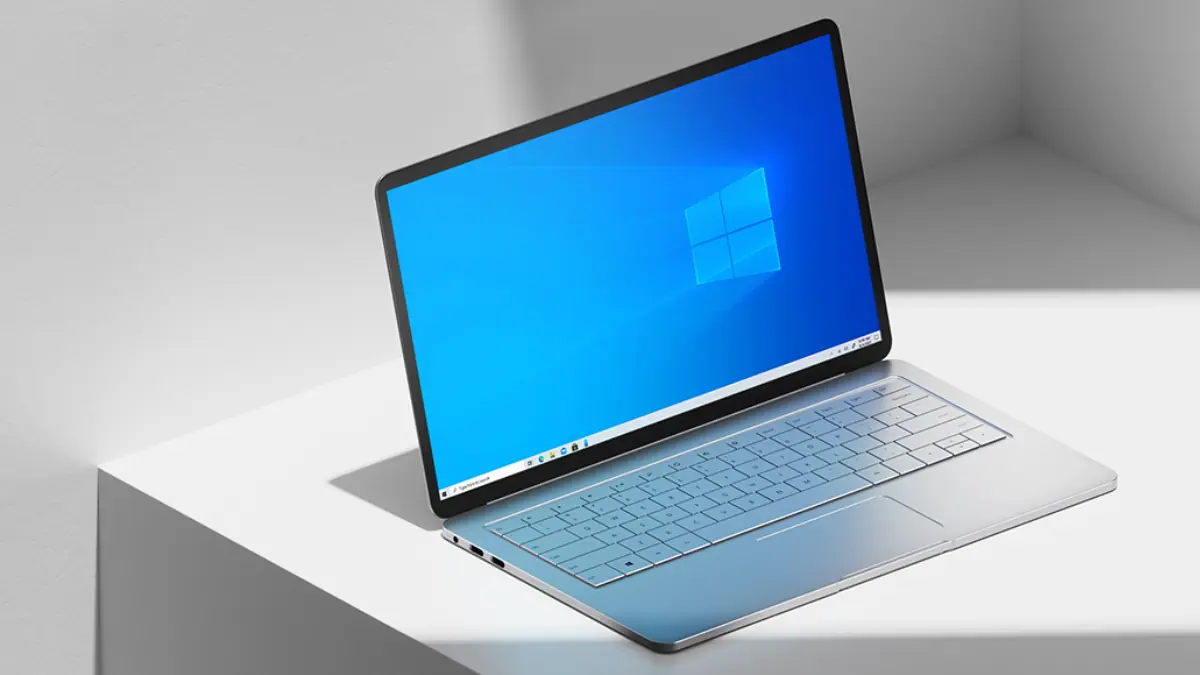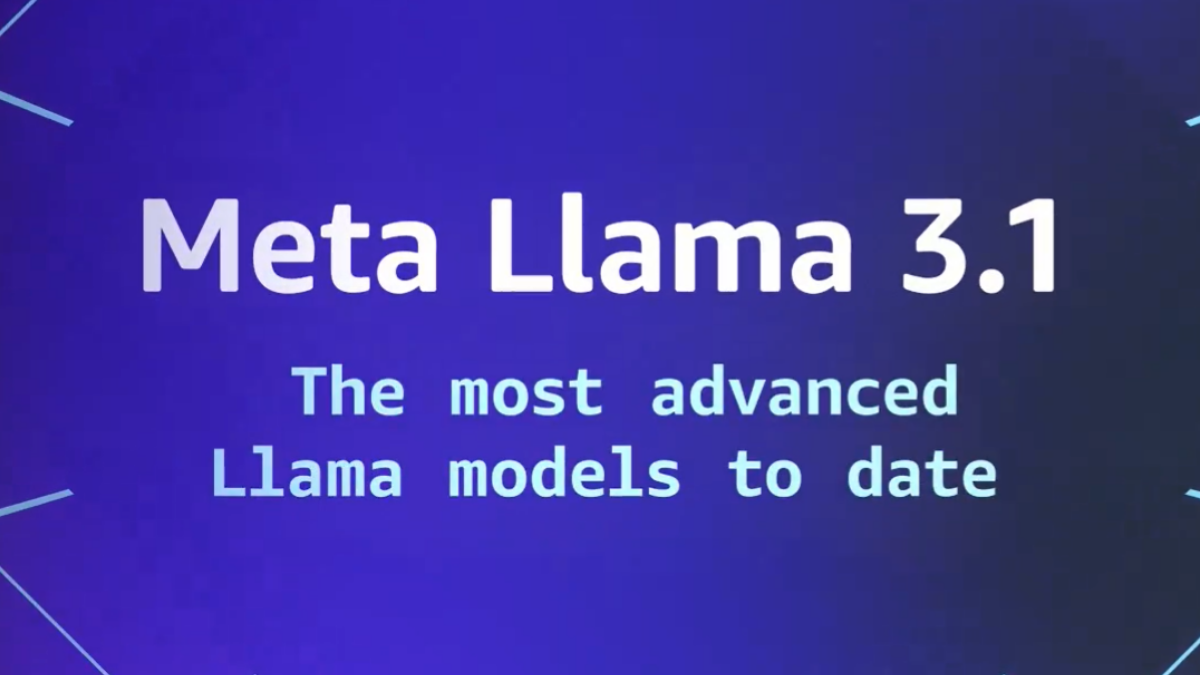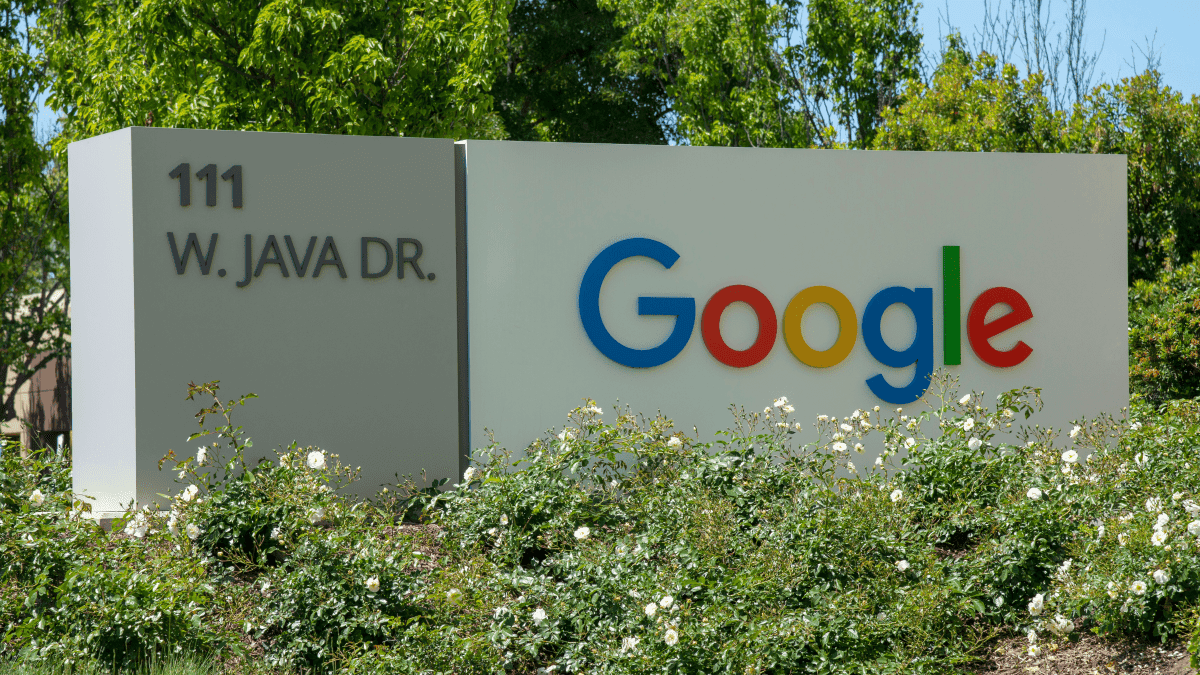FTC Chair Lina Khan’s ‘illegal merger’ op-ed draws flak
4 min. read
Published on
Read our disclosure page to find out how can you help MSPoweruser sustain the editorial team Read more
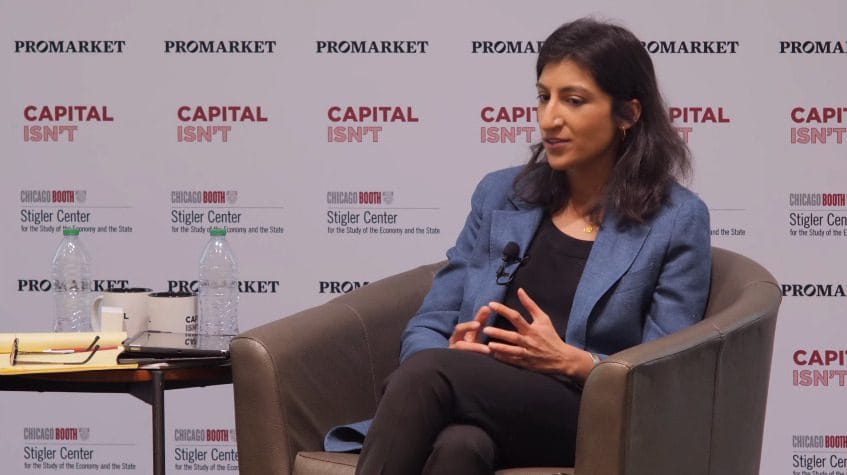
US Federal Trade Commission Chair Lina Khan recently made it clear that people in corporate are wrong for thinking that the agency won’t challenge “illegal mergers” just because they promised to bring social benefits. Khan explained the agency’s stand by saying their “job is to prevent illegal mergers, not to make the world a better place.” People, however, seemed unimpressed and unsatisfied with her words.
The FTC chair didn’t mention Microsoft directly in her op-ed for The Wall Street Journal published last week. However, given that the software company’s $69 billion Activision megadeal is the latest merger the agency is trying so hard to block, it is safe to say that the entire article is dedicated to justifying FTC’s decision regarding the lawsuit it filed weeks ago.
Khan’s opinion specifically targeted companies who want to convince the agency to support their mergers by offering ESG. However, the chair said that “they are mistaken” as nothing would change the nature of antitrust laws even if corporates promised to “commit to some unrelated social benefit.”
“Companies can get creative when they want to fend off a government challenge to an illegal merger,” explains Khan. “As chair of the Federal Trade Commission, I’ve heard would-be merging parties make all sorts of commitments to be better corporate citizens if only we would back off from a lawsuit. If only we hold off on suing to block the merger, they promise they will reduce their carbon footprints, give back to the community and so on. These commitments sometimes fall under the heading of ESG, for environmental, social and corporate governance factors. Some in corporate America seem to think that the FTC won’t challenge an otherwise illegal deal if we approve of its ESG impact.”
Khan continued to explain that the laws they are enforcing have just one target: mergers resulting in monopolies, regardless of whether they are good or bad. In this, the chair stressed that the agency’s “statutory mandate is to halt a lessening of competition ‘in any line of commerce.’”
Despite Khan’s explanations, many seemed unconvinced, especially in the case of Microsoft’s proposed Activision merger, where its primary critic is Sony, the most dominating giant in the gaming market. And if Khan’s argument regarding the prevention of “lessening of competition” is to be believed, wouldn’t it be more rational for the agency to approve the deal that would make Microsoft more equipped to compete with its bigger rivals? Microsoft has always been clear about its intentions regarding the merger, and it is not just referring to “social benefits.” It wants to have the right resources to face Sony and Nintendo and have a chance to enter the smartphone gaming business (which could possibly break the duopoly in the smartphone market dominated by Apple and Google). Yet, the FTC seems to have a very selective eye on what it wants to scrutinize.
With this, many expressed their discontent with Khan’s explanation. Others called out Khan and asked her to resign from her position, while others expressed doubt about the Activision merger process under FTC, saying it is politically driven. As expected, many also pointed out how the FTC’s moves are directly protecting Sony and not the consumers, which caused others to question the real objective of the agency. Meanwhile, other supporters of the deal pointed out that leaving Microsoft unarmed is only helping Sony to achieve a monopoly in the gaming industry due to its huge market share, which is opposite the claimed objective of Khan for FTC. In its response to the FTC lawsuit challenging the Activision merger, Microsoft also detailed the same idea by showing how huge the PlayStation market share is.

